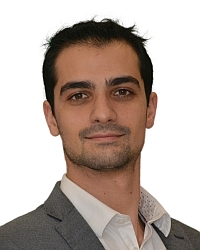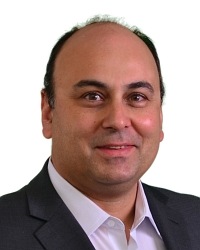TR2022-169
Transfer Learning for Bayesian Optimization with Principal Component Analysis
-
- , "Transfer Learning for Bayesian Optimization with Principal Component Analysis", International Conference on Machine Learning and Applications (ICMLA), December 2022, pp. 1077-1084.BibTeX TR2022-169 PDF
- @inproceedings{Masui2022dec,
- author = {Masui, Hideyuki and Romeres, Diego and Nikovski, Daniel N.},
- title = {{Transfer Learning for Bayesian Optimization with Principal Component Analysis}},
- booktitle = {International Conference on Machine Learning and Applications (ICMLA)},
- year = 2022,
- pages = {1077--1084},
- month = dec,
- publisher = {IEEE},
- isbn = {978-1-6654-6283-9},
- url = {https://www.merl.com/publications/TR2022-169}
- }
- , "Transfer Learning for Bayesian Optimization with Principal Component Analysis", International Conference on Machine Learning and Applications (ICMLA), December 2022, pp. 1077-1084.
-
MERL Contacts:
-
Research Area:
Abstract:
Bayesian Optimization has been widely used for black-box optimization. Especially in the field of machine learning, BO has obtained remarkable results in hyperparameters optimization. However, the best hyperparameters depend on the specific task and traditionally the BO algorithm needs to be repeated for each task. On the other hand, the relationship between hyperparameters and objectives has similar tendency among tasks. Therefore, transfer learning is an important technology to accelerate the optimization of novel task by leveraging the knowledge acquired in prior tasks. In this work, we propose a new transfer learning strategy for BO. We use information geometry based principal component analysis (PCA) to extract a low-dimension manifold from a set of Gaussian process (GP) posteriors that models the objective functions of the prior tasks. Then, the low dimensional parameters of this manifold can be optimized to adapt to a new task and set a prior distribution for the objective function of the novel task. Experiments on hyperparameters optimization benchmarks show that our proposed algorithm, called BO-PCA, accelerates the learning of an unseen task (less data are required) while having low computational cost.

